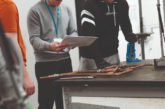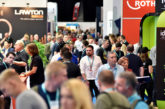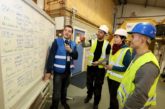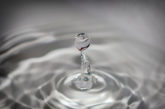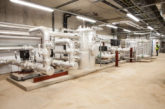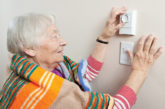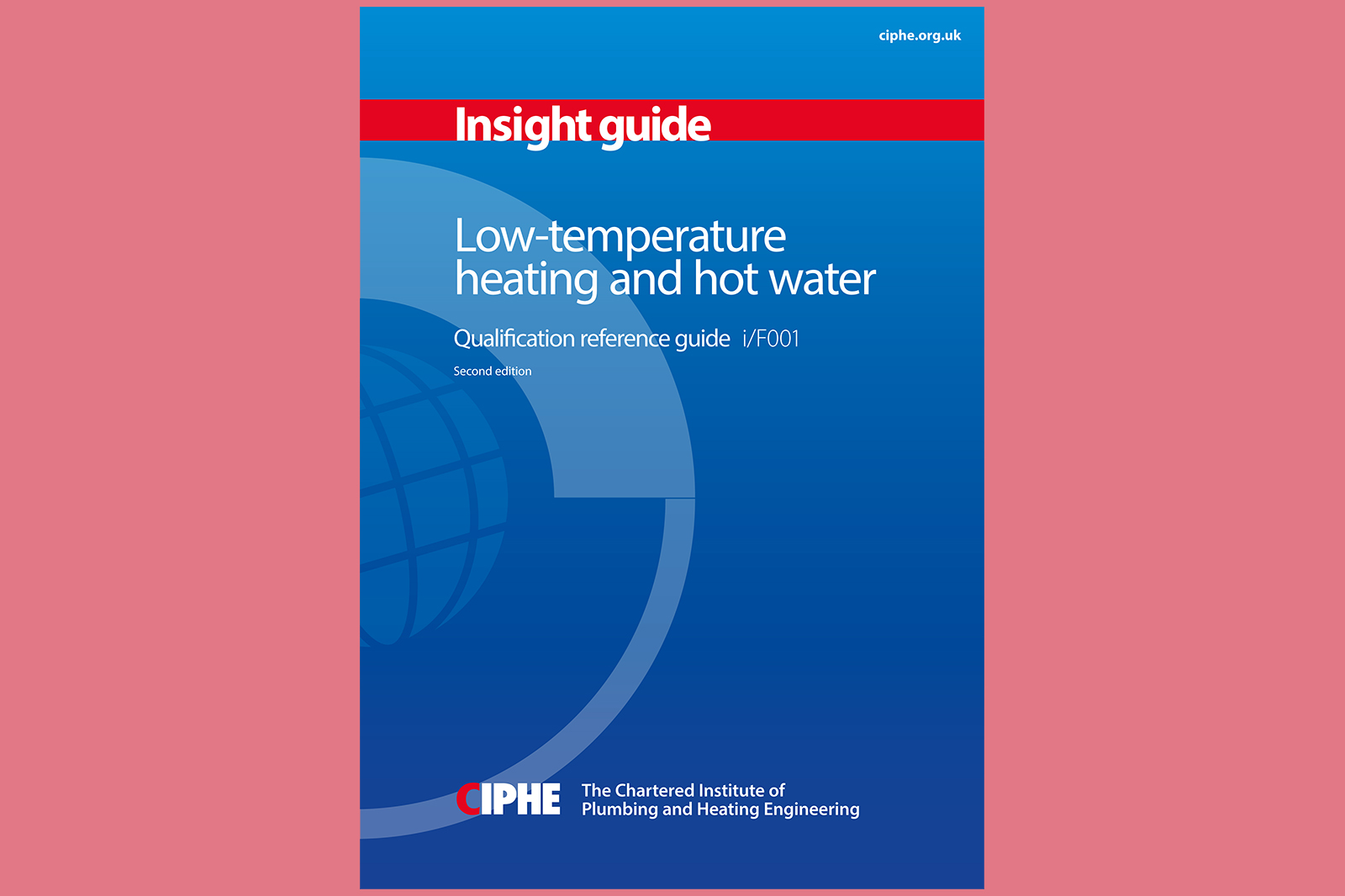
Kevin Wellman, CEO at the Chartered Institute of Plumbing and Heating Engineering, discusses the CIPHE low temperature heating and hot water in dwellings qualification, that prepares engineers already operating for the future of heat.
The plumbing and heating industry will have to play a significant part in helping the UK achieve Net Zero goals. To do so, low temperature systems will be increasingly commonplace. Working with LCL Awards, the CIPHE and its members and groups have been instrumental in the launch of the new Ofqual regulated qualification: Low Temperature Heating and Hot Water Systems in Dwellings. The qualification provides the knowledge behind planning, enabling engineers to design efficient low temperature systems.
Low temperature and low carbon
Most engineers are competent with traditional boilers. However, the increased volume of alternative heat source installations, and perceived newness of heat pumps means thousands of experienced engineers will need to refresh their skills to continue offering high quality work.
Recognising the qualification’s significance, Lord Callanan, Minister for Business, Energy and Corporate Responsibility said: “The CIPHE’s work to promote low temperature heating skills is a wonderful example of the innovation in skills and education that will be needed to reach Net Zero.”
Confident and qualified
It is vital for engineers to understand the factors that influence a heating system, from mass flow rate calculations and heat loss through to radiator and underfloor heating system sizing. Installers can now enrol on this qualification and find a course near them at lclawards.co.uk/learner-zone/find-a-centre-near-you
Of course, being able to bring the customer with you will be an essential requirement and this course equips those who successfully complete it with the tools to offer informed and appropriate guidance to the public. In doing so, installers can use heating design principles to better serve their customers. To support the installer during and after the course, the CIPHE has designed an innovative training package, including a new technical book. The CIPHE continues advocating for competency and professionalism and decided from the outset to make this qualification available to CIPHE members and non-members alike.
The future of the industry
To reach Net Zero, retraining of those already working within the industry will be essential. Yet, many other obstacles remain to be navigated, including the total number of plumbing and heating engineers in the workforce. Estimates by the Trade Trends Report 2021 suggest there has been a 4.19% decline in entrants to the industry since 2005. Clearly, there is much to be done to have any chance of meeting goals such as the UK’s target of 600,000 heat pump installations annually by 2028.
In response, the CIPHE, with the Worshipful Company of Plumbers, has this year introduced a Joint Apprenticeship Support programme. It is designed to provide a smoother entrance into the plumbing and heating engineering industry, and offers increased recognition and pathways for further qualifications to industry newcomers identified as potential industry leaders Plus, it will present guidance and mentorship for young and new engineers as they make their way through the early stages of their career.
The CIPHE’s push to raise standards involves promoting resource development and sharing to help engineers embody these standards. The industry is exciting as it goes through thjs period of change. As low temperature systems grow in popularity, engineers can get on board and offer continually excellent service by learning the technology. They can also confirm their competence and professionalism by enrolling in a CIPHE membership.


